Nowadays, it can be really easy to overlook the importance of maintaining good heart health. One of the most insidious adversaries lurking in our bodies is high cholesterol, which often goes unnoticed until it’s too late. At Heart Station Clinic, we are committed to helping you understand the grave risks of high cholesterol and how it threatens your heart health. Our clinic, located in the heart of Pimlico, specialises in providing the best Transthoracic Echocardiography services to assess and monitor heart health, making early detection and prevention a priority.
- Two primary types of cholesterol
- The Threat of High Cholesterol
Two primary types of cholesterol:
LDL or Low-Density Lipoprotein: Generally referred to as “bad” cholesterol, LDL can accumulate in the walls of arteries, forming plaques that narrow and harden the arteries, a condition known as atherosclerosis.
HDL or High-Density Lipoprotein: The “good” cholesterol helps transport LDL away from the arteries and back to the liver, where it is eliminated from the body.
The Threat of High Cholesterol:
When the balance between LDL and HDL cholesterol becomes skewed in favour of LDL cholesterol, it can lead to high cholesterol levels, a significant threat to heart health.
Here’s how high cholesterol jeopardises your heart:-
Atherosclerosis: High LDL cholesterol levels can lead to plaque buildup on the inner walls of your arteries. This narrowing of the arteries restricts blood flow, making it harder for your heart to pump blood effectively. Over time, atherosclerosis can lead to serious complications such as heart attacks and strokes.
Blood Clots: The presence of plaque in the arteries can cause damage to the arterial lining. When this happens, the body may try to form a blood clot to repair the damage. However, these clots can obstruct blood flow and cause life-threatening conditions.
Hypertension: High cholesterol can also contribute to high blood pressure (hypertension), which increases the strain on your heart. Hypertension is a well-known risk factour or for heart and can exacerbate the damage caused by high cholesterol.
Heart Disease: Over time, the combination of atherosclerosis, blood clots, and hypertension can lead to the development of heart disease. This can manifest as angina (chest pain) or progress to more severe conditions like heart attacks and heart failure.
Preventing High Cholesterol:
Now that we understand the dangers of high cholesterol, it’s essential to know how to prevent and manage it effectively:
Healthy Diet: Adopting a heart-healthy diet is crucial. Focus on foods rich in fibre, such as fruits, vegetables, and whole grains, and limit your saturated and trans fats intake, generally found in processed foods and red meat.
Regular Exercise: Include regular physical activity in your routine to maintain a healthy weight and promote good cholesterol levels. Aim for at least 150 minutes of moderate-intensity exercise per week.
Regular Check-ups: Routine health check-ups, including cholesterol level measurements, are essential for early detection and intervention.
At Heart Station Clinic, we offer the Best Transthoracic Echocardiogram services in Pimlico, allowing us to assess your heart’s condition and closely monitor any potential threats, including high cholesterol. Our team of experienced cardiologists is dedicated to providing you with the care and guidance you need to maintain optimal heart health.
Bottom Line
High cholesterol may be a silent threat, but its consequences can devastate your heart health. At Heart Station Clinic, we are your partners in maintaining a healthy heart. Our commitment to providing the Best Transthoracic Echocardiography services in Pimlico ensures that we can detect and address any heart health issues early, giving you the best chance for a long and healthy life. Don’t let high cholesterol be a silent threat; take control of your heart health today.

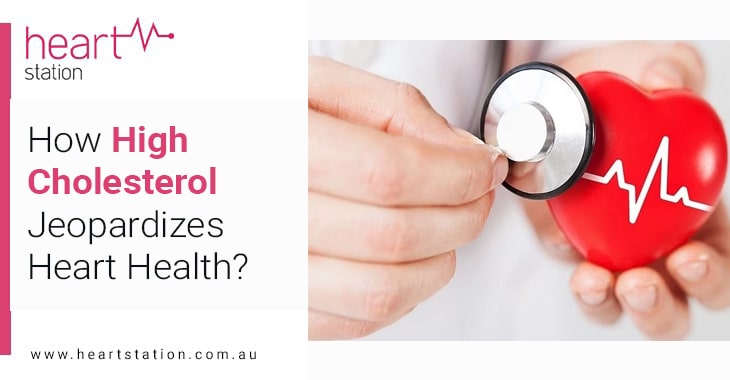
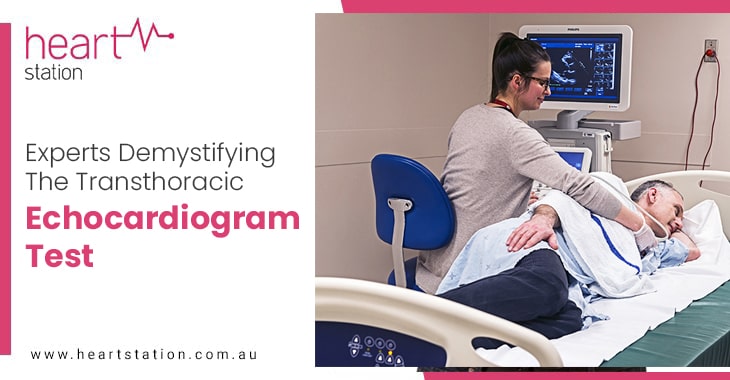
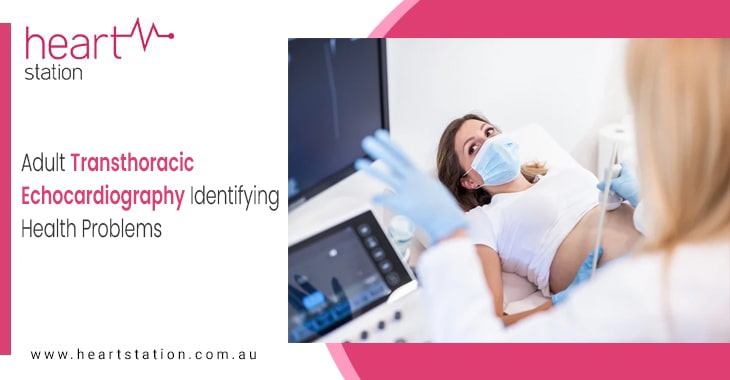
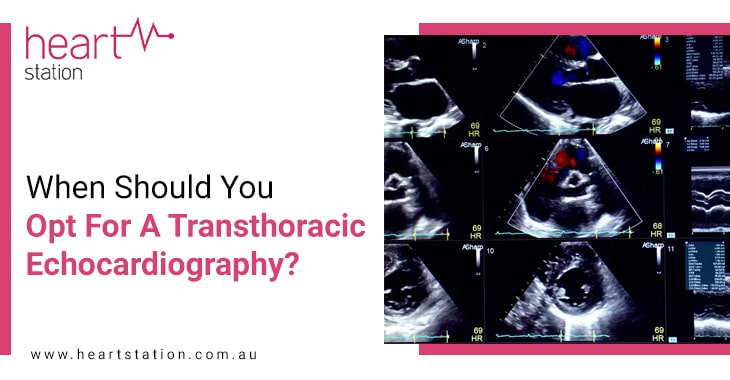
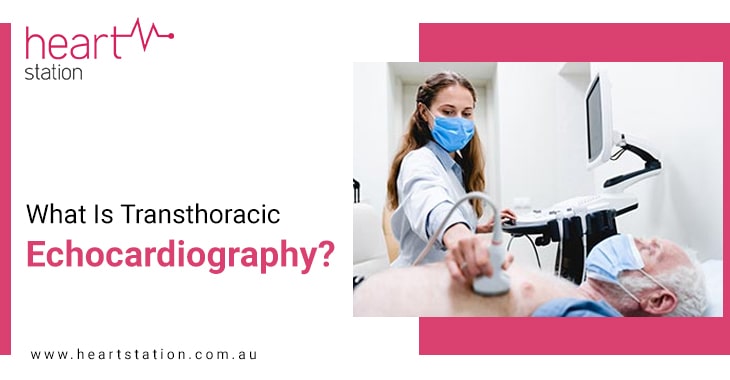
Recent Comments